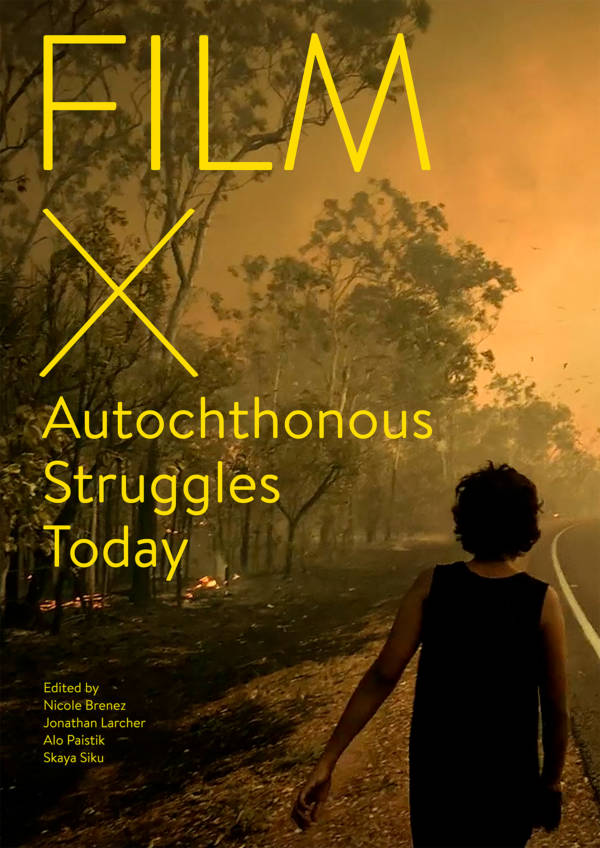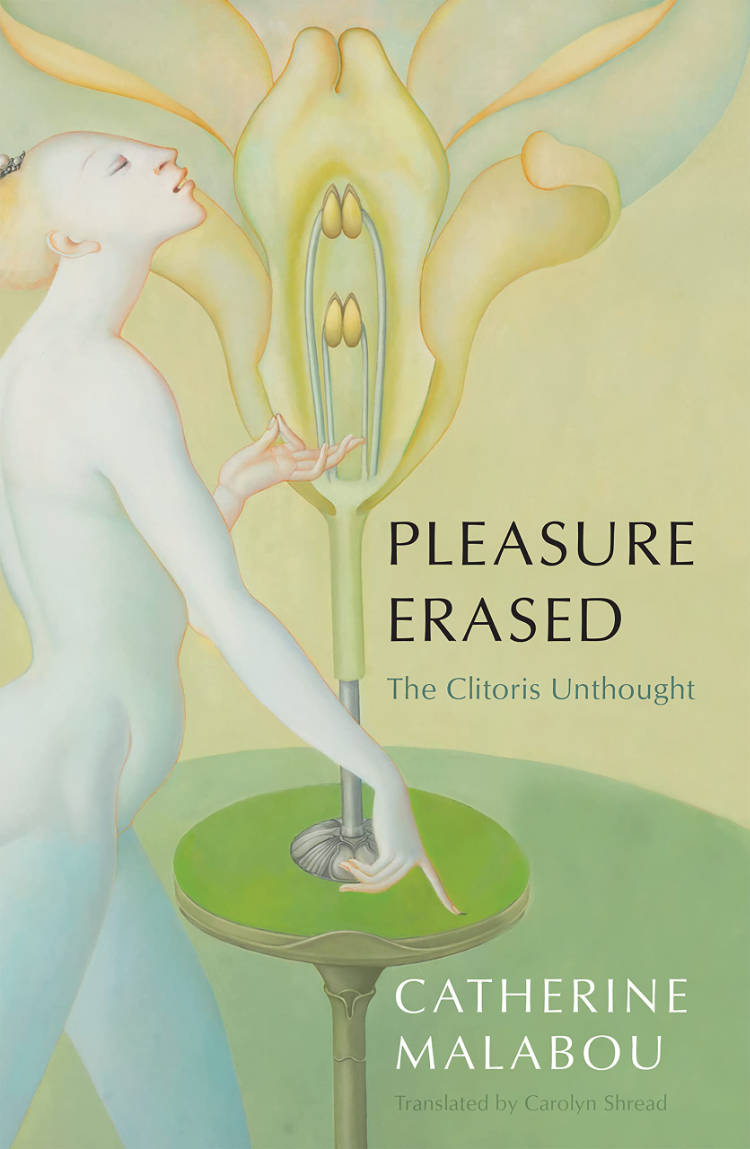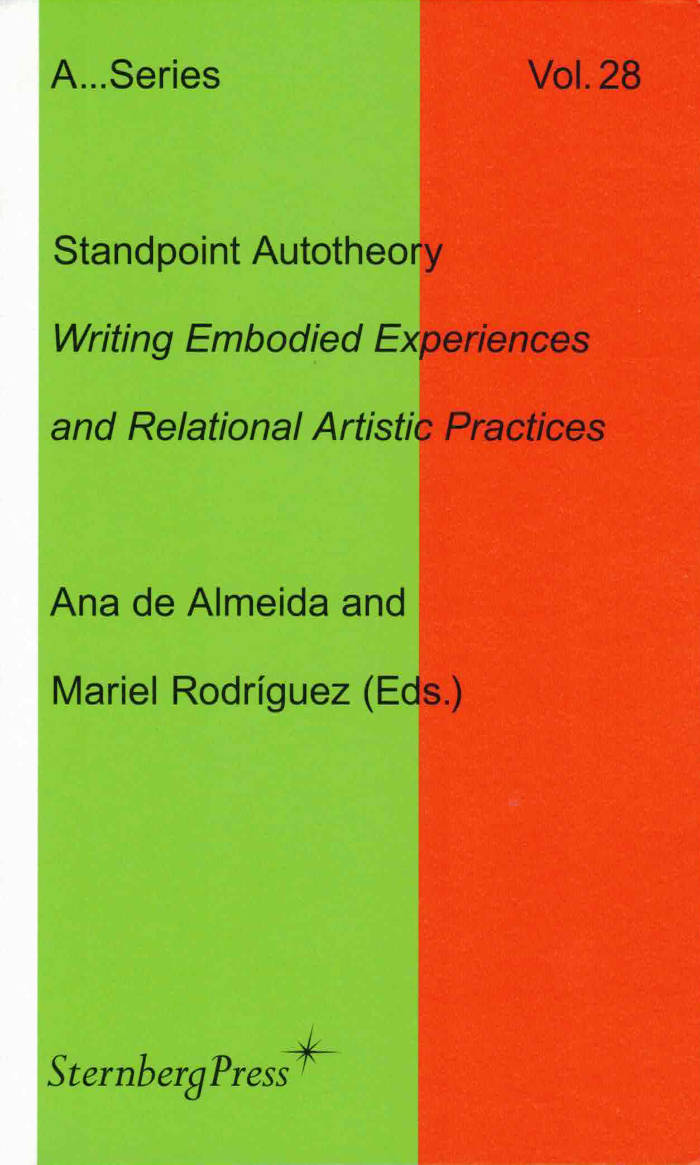
What Makes an Assembly? – Stories, Experiments, and Inquiries
Laurent Jeanpierre ed., Anne Davidian ed.
A crossdisciplinary inquiry into the practices and forms of assembly making, through multiple times and geographies.
Assemblies are ancestral, transcultural ways of coming together as a community. Over the past decades, multiple social movements have reappropriated these forms of collective organisation as a prominent component of political struggle, to defend radical visions of democracy. At the same time, governments across the globe have sought to reframe public deliberation as a response to the failures of representative democracy.
How can we analyze this double movement, and could assemblies of equals once again offer possibilities to reimagine and renew the ways politics is practiced? To address these questions, we need to move beyond simply asking what assemblies can do, and instead examine how they are made. This means departing from the shores of a speculative, deliberative ideal and restoring attention to both their diversity of forms, and their capacities to perform, deform, and transform.
Bringing together accounts written by those who practice assemblies, and contributions from artists, activists, historians, philosophers, and social scientists, as well as three architectural experiments that attempt to imagine models for a future assembly, the book proposes a critical inquiry into the potential of assemblies to shape political subjects. From assemblies in Indigenous territories of Brazil to those of the Yellow Vests in France, from medieval communes to street parliaments in Africa, from citizens' assemblies set up by public authorities to practices forged from emancipatory traditions, What Makes An Assembly? examines the tensions that exist in all assemblies between the need for form and the danger of formalization; between the scripts, rituals, and architectural settings from which they derive, and their capacity to erupt and emerge anew.
Contributions by Ayreen Anastas, Andreas Angelidakis, Hans Asenbaum, Frédérique Aït-Touati, Richard Banégas, Sandra Benites, Jean Godefroy Bidima, Patrick Boucheron, Florence Brisset-Foucault, Manuel Callahan, François Cooren, Armando Cutolo, Pascale Dufour, Ben Eersels, Tallulah Frappier, Rene Gabri, Delphine Gardey, Alana Gerecke, Andrés Jaque/Office for Political Innovation, Laurent Jeanpierre, Pablo Lafuente, Laura Levin, Stacey Liou, Catherine Malabou, Charlotte Malterre-Barthes, Florian Malzacher, Piersandra Di Matteo, Markus Miessen, raumlabor, Philippe Urfalino, Yellow Vests, Aleksandra Wasilkowska, Ana Terra Yawalapiti.







